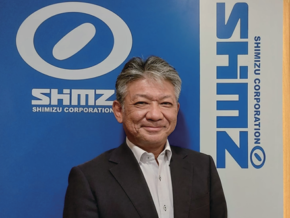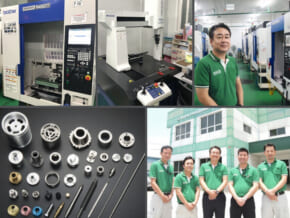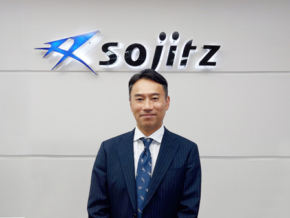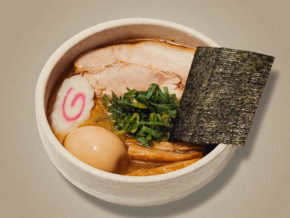Business Talk with Erick Chua, Founder and Director of Shapecloud
Erick Chua is the founder of Shapecloud, the Philippines’s first online 3D printing service platform that provides a user-friendly option to build prototypes, eliminating the need for individuals to go to offshore companies to bring a 3D model to life.
Part of the company’s vision is to create more awareness on 3D printing, and its potential to revolutionize a wide range of businesses.
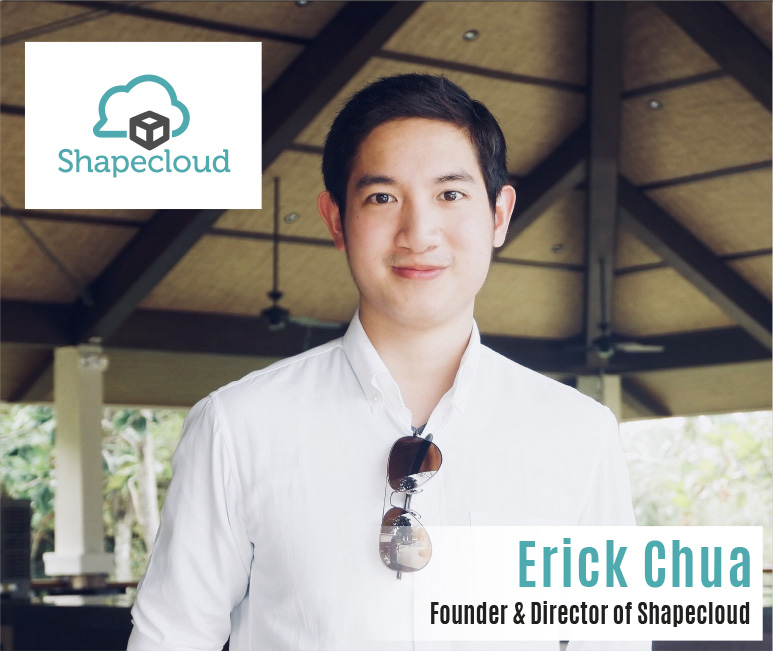
What is Spacecloud and what is the role you play in Shapecloud?
Shapecloud is the Philippines’ first online 3D printing platform. People would be able to go to our website, www.shapecloud.ph, upload their 3D designs — STL files created from AutoCAD, SketchUp, SolidWorks, and the like — onto a dashboard, be given a price within 24 hours, and have it printed and sent to them within three to five working days. They can decide on the number of pieces, color, and the kind of finish they want on their prototype and pay for the printing online. We accept payments via Paypal, credit card, or even through bank deposit.
I’m the founder of Shapecloud. We designed it to be able to make people’s lives easier. It doesn’t matter if you’re an architecture student, an engineer in a manufacturing company, or a CEO of a startup; you won’t need to go abroad to have something prototyped. Now, you can have everything done locally.
Why do you think 3D printing has started gaining attention in the country?
3D printing is very unique in the sense that if I get asked who our target market and industry is, it’s going to be hard to answer because we have so many different kinds of clients. One of the reasons why I think it’s touching people’s workflow is because no matter what they or their company does, we’ll always find something we can do for them. If it’s something in real estate, we can make scale models. If it’s manufacturing, we can make jigs, prototypes, and the list goes on. That, in itself, is a big thing for industries.
Another thing is that when we talk about manufacturing, most people automatically link it to mass production. When you create a model, a minimum order from other companies would normally range from 400,000 to 500,000 pieces. You could be quoted a very low price per piece, but it’s still a huge amount of investment just for one model. If you’re a startup company and you either don’t have the money to gamble on one design or at least want to assure yourself before doing it, you can go for 3D printing to better visualize a product prior to mass production.
What made you decide to put up Shapecloud?
I wanted to give an equal opportunity to a lot of people who want to make their ideas come to life. The Philippines has thousands of islands, and though we are based in Metro Manila, the many logistical solutions we have now make this no longer a limitation. We can ship our products without any worries.
Our call to action is found in our platform. We want people to know that you can simply upload your file, wait a few days for the 3D print to be made, and have it shipped over, while no longer needing to come to a physical store. If you’re from Cebu, Davao, or any other province, you only need to upload your 3D files on the platform to get started. We’ll give you a quote, which you can pay for online, and then have the products shipped to you, all without having to step out of your house or office.
Accessibility is one of the bigger motivations for me. Six years ago, I had no access to 3D printing whatsoever. I had to bring in my own printer from abroad, which was very expensive, and I didn’t want that to be the case for other people now. While our main line of business is still 3D printing, we are also an authorized seller of Ultimaker, one of the top brands in the world for 3D printers. We’re all about trying to provide avenues for everyone to act on their ideas.
Apart from doing most of your processes online, what else separates you from other 3D printing companies?
Almost every part of our platform is automated. We don’t require our clients to send files via email and wait for a response from us. We have done away with having a long thread of emails just to get your prototype sorted out, especially when there are errors. The quoting process is also automated. Once you upload a design and it checks out for errors, you will get an email with a quote of how much it would be to produce a piece.
Another thing that separates us from other companies is that while you can walk through the doors of a 3D printing company, you don’t necessarily know what you need for 3D printing before you get there. What we’ve done is to include a design guide to our website. It teaches you how to make 3D designs and the things you need for it. This takes away the need to go back and forth to a shop just to give them your design, which saves you time.
What are some of the biggest challenges you have faced with Shapecloud?
We’ve had everyone from young adults to senior vice presidents of corporations come to us for 3D printing, but we saw little difference in terms of how much they know about 3D printing in past years. If they give us a picture of a kalesa (chariot) and want to make a 3D prototype of that in the form of an accessory, we won’t be able to make a prototype of it until we have a 3D model. What we will do is to educate them on why we need an actual 3D design of what they want to make before we can 3D-print it. We then tell them to either make it themselves via their designers or hire us to do it for them for a separate fee.
Educating people about 3D printing has really been a boundary. People who aren’t engineers or designers will say they don’t know how to use AutoCAD or SketchUp, and that’s why we created a design guide. We’ve held workshops teaching kids and adults alike about how to make a 3D design. Education on this subject is something that’s lacking, but it’s not something that’s hard to find.
What are the plans you have for Shapecloud in the future?
We would still like to expand our business. We’ve done different events and have continuously partnered with different schools. We’re trying to build on our ability to sell one of the world’s top brands for 3D printers, which we’ve recently sold to a number of companies, as well as universities in the provinces.
We have had clients who start off asking us to do their prototyping only to realize it might be more cost-efficient to purchase a printer locally instead. Pushing these machines out in the market is one of our short-term plans.
How would you describe the way you run Shapecloud?
It’s still slightly hands-on, not because I want to micromanage the business but because we’re still a fairly small company. I’m actually impressed by a lot of people who have transitioned from being a startup to a small business that can be left to managers. That’s something that’s very difficult and I admire them for having done that. It’s something that we’re aiming to do in the near future. We may be handling a lot of clients, especially international clients and different universities, but I still like staying close to where the action is.
Who are the people that you look up to?
This would definitely be my dad. He juggles our family business, as well as running an art gallery (ArtAsia in SM Megamall) and a studio. That takes a lot of time, and he’s done a great job at handling both. He’s given me a lot of startup advice, as well as not restricting me to go into the family business. He has been very supportive of what I do and has also given me advice about business in general.
Another person I look up to is Artie Lopez, a startup coach and the co-founder of Brainsparks Philippines. He’s a big startup leader who’s been extremely supportive of us. He’s held talks and workshops at a number of prestigious events, which is something I would like to do more of. I’ve done talks and seminars as well, some of which have even been at Bitspace, a co-working space managed by Artie’s company, and it’s something I really enjoy doing.
This first appeared in the Philippine Primer Magazine’s December 2018 issue.





